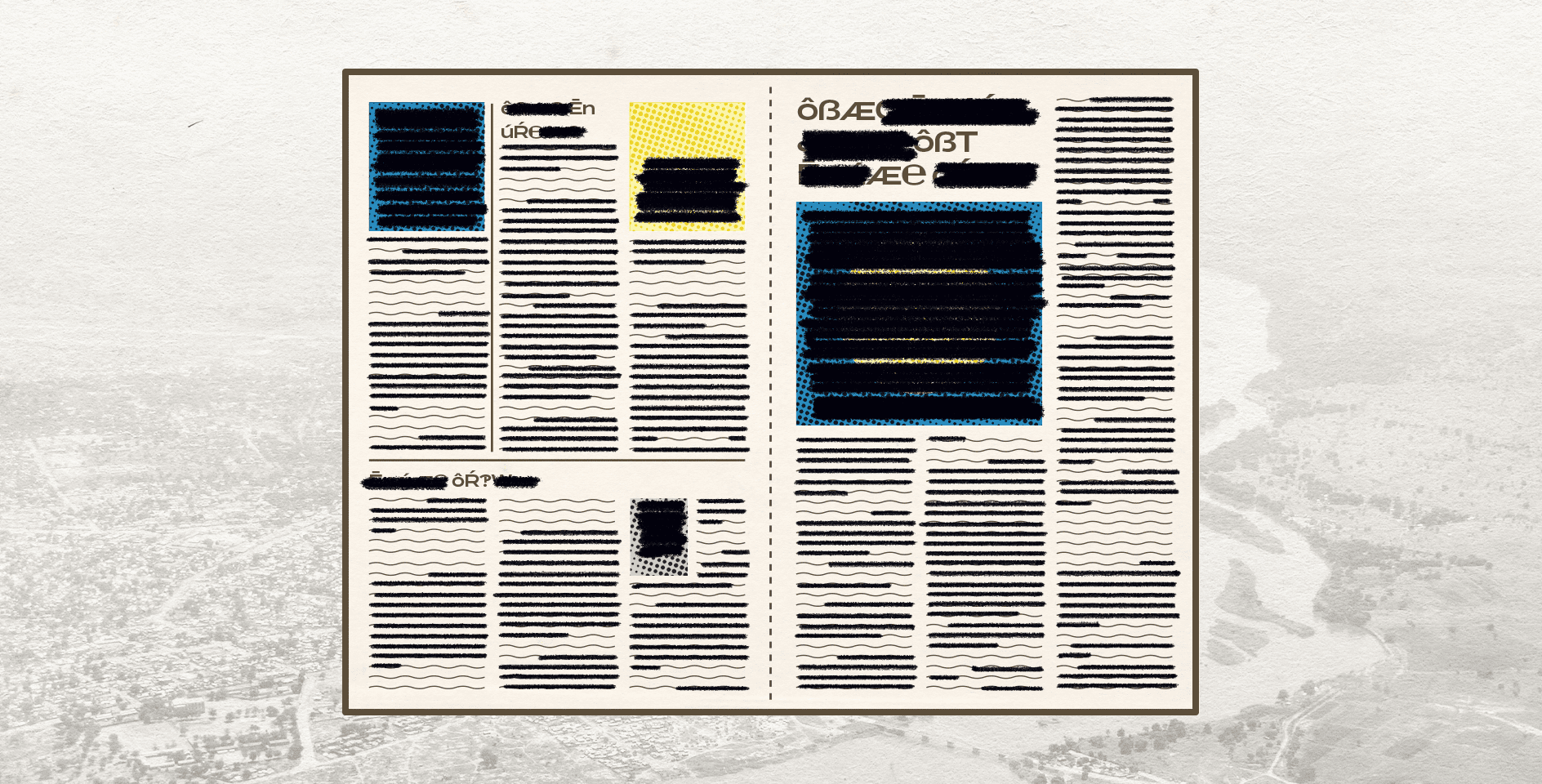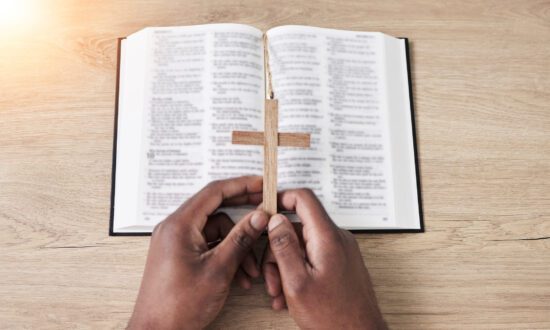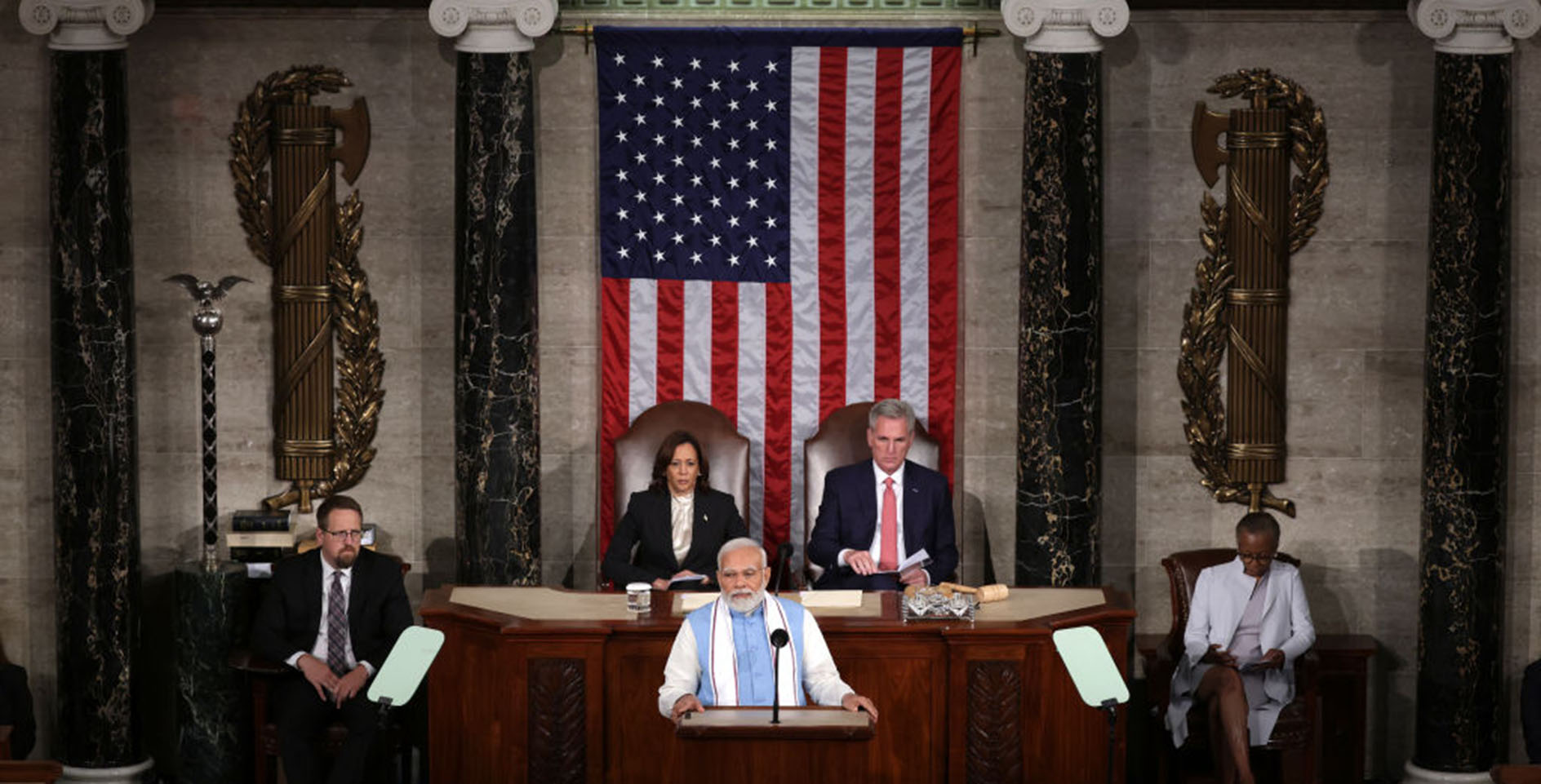In February of this year, Omar al-Bashir declared a year-long state of emergency in the wake of escalating, nationwide protests calling on him and his regime to step down. Commentators rightly interpreted Bashir’s declaration as providing the mechanism whereby the forceful crackdown on revolutionary protests and demonstrations could be achieved, and the suppression of freedom legitimized. However, in an unexpected turn of events, Bashir was forced out of office by the Sudanese Armed Forces on April 11. The military coup was reportedly led by those closest to him. Bashir, who himself seized power in a 1989 military coup, was on the verge of pushing for constitutional amendments that would have allowed him to seek a third term.
Though initially in response to a rise in the price of bread, the protests that resulted in Bashir’s removal came to represent the collective outcry of the Sudanese people against decades of oppression, violence, and human rights violations.
Under Bashir and the ruling National Congress Party, restriction on free thought and expression was normative—particularly ideological sentiments that criticized and diverged from that of the ruling party. Various forms of media had been censored, newspapers had been confiscated, and journalists and critics had been detained (in some instances, tortured).[1]
Why a civil society is good
Scholars have argued that one of the effects of a vibrant civil society is the checking of state power and the resisting of corrupt authoritarian rule.[2] In other words, civil society spaces create the conditions in which democratic ideals and principles can be developed. They constitute the arena where citizens, apart from government influence, can individually and collectively engage in the work of imagining alternative sociopolitical forms of life. To be sure, not all facets of civil society are directly concerned with governmental affairs. However, many aspects of civil society give substantive attention to topics that reflect on governmental leadership—like morality, behavioral norms, and authority, for example. Religious communities fulfill the definition of that facet of civil society in which the central mission and organizing principles are wholly other and distinct from statecraft. Yet, it is within religious communities in general, and churches in particular, where citizens have a tendency to talk not only about personal change, but societal change as well. It is no wonder, then, that the status of religious freedom in Sudan remains poor.
Restricting religion
In its 2019 report, the United States Commission on International Religious Freedom redesignated Sudan as a Country of Particular Concern (CPC). In October 2018, it was reported that 12 Christians were arrested from a local church in Darfur. Nine of those arrested were detained for five days, beaten, and subjected to other measures of torture. Of those nine, eight detainees were released only after they denounced their Christian faith and announced conversion to Islam. The remaining detainee, a priest, was charged with apostasy after refusing to return to Islam. He was released on bail the next day.[3]
In February 2018, it was reported that an evangelical church building belonging to the Sudan Presbyterian Evangelical Church was demolished. Though the official charge cited complaints of public disturbances, other reports indicate that the land was desired for Muslim business interests. The 29-year-old church building was one of 27 churches that the Sudanese government identified as soon to be demolished (two of which were demolished in 2017). Since 2014, the Sudanese Minister of Guidance and Religious Endowments has refused to issue permits for the construction of new church buildings.
The future of freedom
As of today, a Transitional Military Council (TMC) has taken power in Sudan for a stated period of up to two years. However, street protests continue as demonstrators insist that the military rulers immediately transition to a civilian-led government. The United States has also weighed in on the process, with the following statement being released by the State Department on May 8, relaying details of a conversation between Deputy Secretary of State John J. Sullivan and the Chairman of Sudan’s TMC, General Abdel Fattah el-Burhan:
The deputy secretary expressed support for the Sudanese people’s aspirations for a free, democratic, and prosperous future. He urged the TMC to move expeditiously toward a civilian-led interim government. . . Finally, he reiterated the United States’ expectation that the TMC respect the human rights of all persons, and encouraged the TMC to allow peaceful protest and freedom of expression consistent with Sudan’s human rights obligations.[4]
The last statement by the deputy secretary is particularly important, given the United States’ consideration of removing Sudan from the State Sponsors of Terrorism List (SST) as part of a path toward normalization of relations. With Bashir officially removed from power, it will be important to monitor whether the transitional process proceeds in a truly free and democratic direction. Washington has asked the country to expand its efforts to combat terrorism, facilitate access to humanitarian aid, and promote human rights and freedom of religion and press. These changes now appear to be within reach. However, the most recent reports on the region indicate that the current standoff between the transitional military and the protest leaders has come down to whether Islamic Sharia law will be the basis for legislation in the future Sudanese government. For now, the road to Sudanese freedom remains promising.










